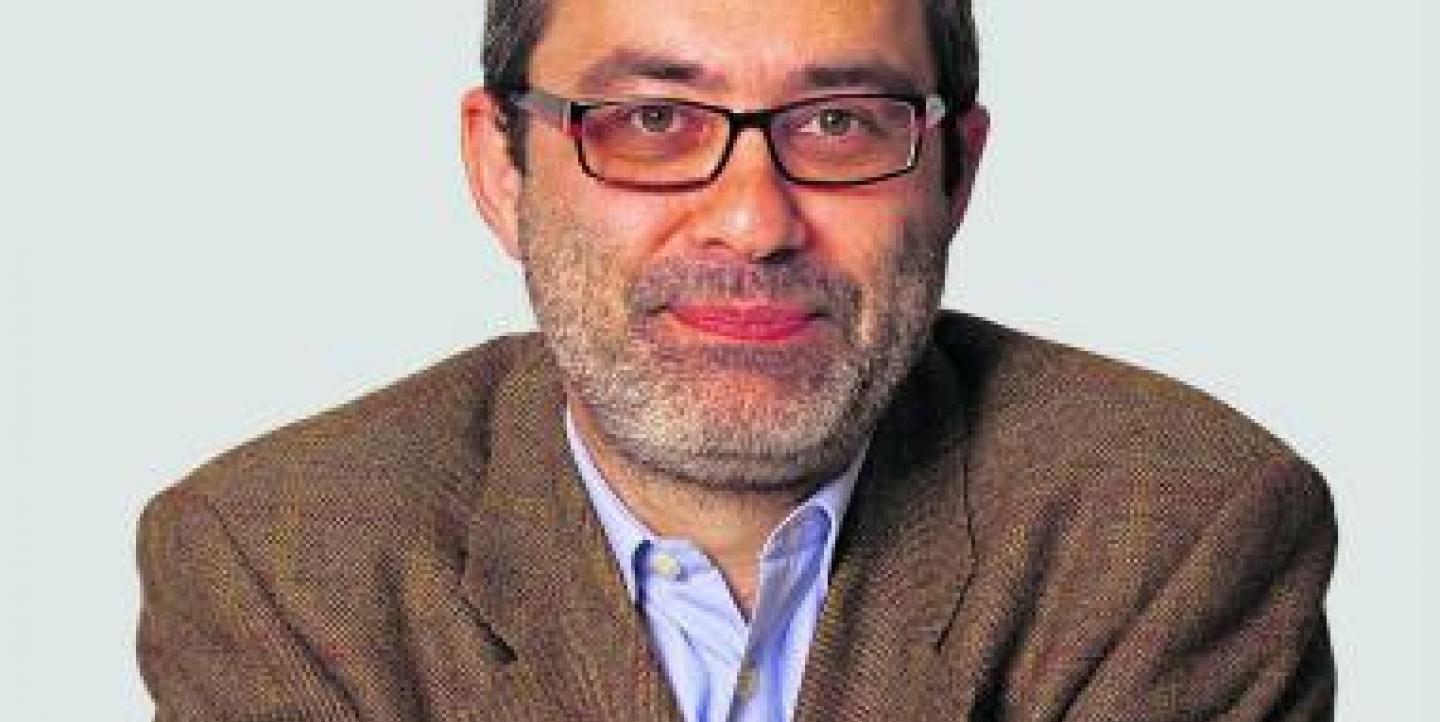Journalists must quickly adapt to the pace of the Internet and social networks, realizing that their tweets and status updates represent them as public figures.
In the second part of IJNet's interview with Toni Piqué, director of Pique, Peltzer & Associates, consultant, media strategist and founder of blog Paper Papers, we delve into how journalists should behave on social networks and the resistance to integrating digital in traditionally paper-centric newsrooms.
-IJNet: Do you think journalists can have profiles or personal accounts on social networks independent from their work? How should journalists maintain their profiles?
-Toni Piqué: That's very difficult to answer because it has to do with common sense.
In Spain, we have the fortune or misfortune of having a king. The king might say, why can't I have a Facebook profile like a normal person? Facebook profiles are a public thing and you're the king. You are not a normal person. On top of the normal person there is a crown. So you have some obligations, some requirements and advantages. It follows that you cannot do what you want, you cannot behave like me.
As a journalist, I cannot behave like the janitor of my building. Why? Because we have the "monus publicum" as the Latins say, the public office, profession.
Journalism is a profession that has such requirements. If you do not like them, leave it. If you are a journalist, you should act like someone people can trust. That what you do is not tinged with sectarianism, partisanship.
Of course journalists have a point of view, it is ridiculous to think of journalists without a perspective.
The good thing is that you can say transparently, "This is what I think." But I try to convey the facts and find the most accurately-reported stories to back it up.
And when I say that this fact or event seems more important than another one that's my point of view. Another person might not think the same, and that's normal.
Journalists have lived in a kind of fantasy world, thinking this could be prevented, that we had no point of view. But you can't do that anymore.
- IJNet: Do you think it's a good idea that news outlets are setting rules for how journalists should use social media?
- TP: Yes, that's fine. They are entitled to put some rules in place for other things and they should for this, too. Provided these rules do not harm the work of journalists, of course. So if your employer tells you that you have to behave on Facebook as a representative of your news organization, it seems fair to me. Because the journalist depends on the company.
- IJNet: You have helped integrating traditional and digital newsrooms in several countries. Does your work generate similar resistance in all countries?
- TP: Yes, it's a shame. Companies realized it too late and so did many of us who advise them as well. And pretty much all journalists, too. The entire industry realized too late that the situation was serious.
Paper is over. Gone. Now we have to think about how to do journalism in 140 characters. How can I make my byline known on Twitter? The medium may not be Twitter, but that's where we're headed. (...)
We must begin to work for readers so that when he or she gets on the bus or the subway, they can pull out a tablet and see what's happening. That reader needs to know what's happening now. Anybody who thinks: "This [story] can wait until tomorrow" is wrong. The news occurs when it breaks. We must change our attitude.
Then you need to keep in mind that for some years to come, although newspapers will continue to bring in half the media revenues through advertising, that will drop.
Internet advertising is growing. It's happening. It's going to be (...) a spectacular thing. (...) It won't be a process that will take 15 years.
We will never have newspapers like we did in the '50s, '60s and '70s. That was a historical accident. Journalism has changed in a spectacular way. Those who lived those times really enjoyed it. But it's over, gone.
To read the first part of the interview, click here.

